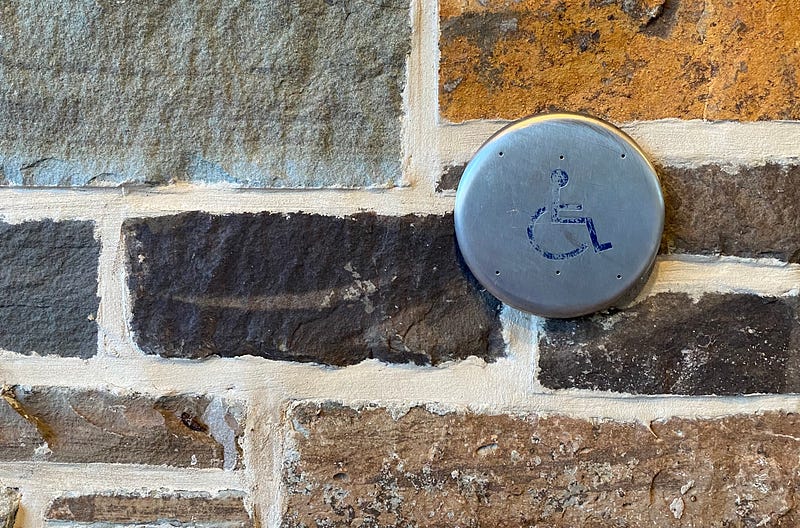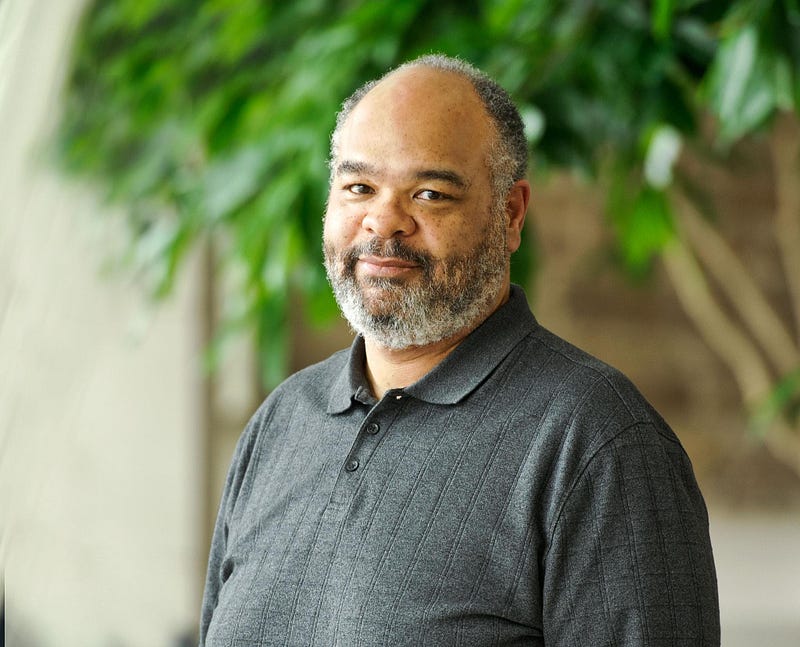
The Disabled Students Network (DSN) is currently conducting a series of accessibility audits on all academic buildings, dining halls, a selection of residence halls and important student centers like Sadove Student Center and the Days-Massolo Center.
“By and large, people agree that there’s an accessibility issue on campus, but saying that isn’t a quantitative thing that we can complain about, or a list of things we can fix,” said Helen Ziobrowski ’24, a DSN E-board member. She explained that the audit’s main goal was to “compile some concrete data” on accessibility issues on campus so that specific problems and potential solutions can be brought up to the administration. The audits are being conducted using an Americans with Disabilities Act checklist, but the goal is not to nitpick the exact measurement of each door, or raise questions of legality (which certain historic buildings can actually get around). It is about making campus better.
The DSN formed teams of two or three people for this task. Ziobrowski and fellow E-board member Katherine Rao ’24 audited the Taylor Science Center. They spent some time examining the automatic doors at the entryway, imagining navigating it with a wheelchair. After pressing the button for the inner door, would there be enough time to wheel backwards so as to not be whacked in the face as they opened? After some back and forth, the two noted it down for future consideration.
Although the Science Center was built after the ADA (and thus technically up to code), the main problem the DSN aims to address is whether the building is actually accessible to physically disabled or vision impaired people. The proper braille signage and raised numbers were present on office doors (and ticked off on the DSN’s Google Sheets checklist), but the various half-flights of stairs were frustrating to navigate, even with the elevator. Many aspects of the building were technically compliant but really lacking in forethought and accessibility.
One striking example is that there are no ramps in either the Kennedy Auditorium or the Red Pit (in the Kirner-Johnson Building). “You can get into the classroom and sit in the back, but you can’t go down and present if you’re in a wheelchair,” Ziobrowski said. What does that imply about the College’s attitudes towards disabled people, she and Rao wondered, exchanging meaningful looks.
Even worse, students find themselves blocked from dining halls. To get into McEwen without climbing a flight of stairs, students normally have to go to KJ, take the elevator to the second floor and enter through the back entrance. However, that door has been locked in recent weeks, so it is impossible to enter. Sure, there are other dining options, but it is not always feasible to go far out of your way, nor should anyone have to. These issues do not only affect disabled students, as injuries happen all the time on campus. People might argue that changes are unnecessary because so few people demand it, but Hamilton will never be truly inclusive or be able to attract and welcome students with those needs without making changes.
“Any space that you aren’t physically able to access represents conversations and interactions that you also can’t access. It’s not just the space itself. It’s the dialogue, the things that you’re learning in those spaces,” Ziobrowski said. “If you’re here in a wheelchair or have mobility issues, it makes campus so much smaller than it already is.”
A big issue that disabled students face on campus is the feeling of isolation. Since most students are not visibly disabled, it is easy to feel alone in their struggles. Ziobrowski says that the DSN is helping: “It’s been really cool finding out that other people have had similar experiences. I thought that I was the only one. It’s also really exciting to see how many people are showing up to these advocacy meetings because there’s so much more support for it then I thought there would be.”

Eleanna Sorensen ’23 conceived of the DSN over the summer when she reached out to students via Assistant Dean of Students for International Students and Accessibility Allen Harrison. The DSN has been holding weekly meetings, but it had not been approved as an official club until recently, so public interest meetings will be held soon. The plan is to hold two types of meetings: advocacy and social.
The advocacy campaign has already started with the accessibility audits. A poster campaign is also planned to draw attention to various places that are not accessible, especially the easily overlooked ones like hard-to-use doorknobs and entrances. After examining all the buildings, the DSN will compile the data and bring it to the attention of various administrators and departments, from Residential Life (dorm-related concerns) to Facilities Management (icy and inaccessible paths).
A peer mentor program is also in the works, in which experienced students would help others advocate with professors and ask for accommodations. The accommodations office is severely understaffed, and the process can be extremely confusing and overwhelming, especially for new students. Having mentors familiar with the administration and its procedures would give students a big boost in navigating these processes. Peer mentors would meet with students beforehand to discuss potential types of accommodations and offer ideas. They could sit in on meetings with Dean Harrison or professors to offer reassurance and support, or help draft important emails.
Once the club is more established, Ziobrowski will likely lead the social meetings, which will be structured as casual dinners and conversations. She hopes that having a safe space for students to share their stories will provide everyone with a sense of community. “We won’t ever ask you to disclose your disability or anything like that, it’s just a space to feel comfortable and be around people with similar experiences,” she explained. These meetings will not be exclusive to disabled students; they will be open to everyone who is interested in making campus better.
















